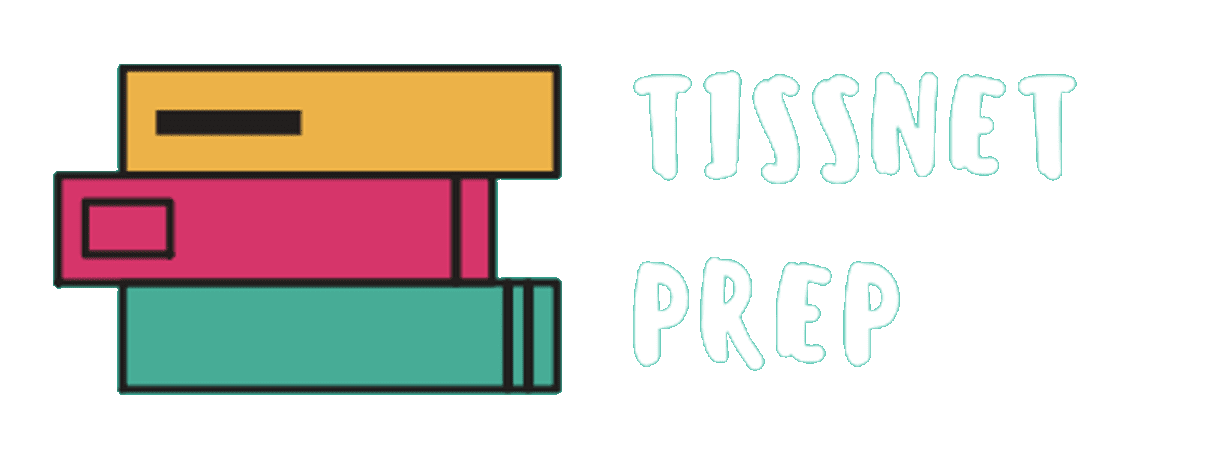Note: This topic is important for TISS OPI & Extempore.
The Covid-19 pandemic has demonstrated how social media may assist ordinary folks and supplement modern governments’ crisis response capabilities.
Social media is making it simpler for people all around the world to have a say in governance – to discuss concerns, rally behind causes, and hold authorities accountable.
However, because of its uncontrolled nature and involvement in the propagation of fake news, social media promotes propaganda, targets minorities, and destabilises elected governments, all of which contradict the democratic ethos.
As a result, social media must be regulated in a way that strikes a balance among freedom of speech, minority’ interests, law and order, and citizen engagement in governance.
Positive Impact of Social Media on Democracy
- Digital Democracy: When individuals have the freedom to express themselves, democratic values can evolve. Through these venues of openness, social media allows the concept of digital democracy.
- Setting Accountability: Social media serves as a tool for questioning seemingly invincible administrations, holding them responsible, and bringing long-term change driven by people rather than a single vote every few years.
- Giving Voice: The ability of social media to keep people informed is huge. When social media played a crucial part in the Arab Spring in countries like Tunisia, it was hailed as a liberation technology.
- Civic Engagement: The ramifications of social media for civic involvement are significant, as many individuals use these platforms to discuss and debate news.
- It’s long been known that when individuals talk about the news, they’re more inclined to get active in their communities, whether through volunteering or contacting elected leaders.
Negative Impact of Social Media on Democracy
- Political polarisation: One of the most popular criticisms of social media is that it generates echo chambers in which individuals only see perspectives that they agree with, further dividing us.
- As an unprecedented number of individuals utilise this medium to channel their political energy, it’s being used in unexpected ways, with unanticipated societal ramifications.
- Propaganda Setting: Political parties have invested around $800 million (Rs 5,900 crore) on election ads in the last two years, as per the Google Transparency Report.
- Dishonest campaigns can use micro-targeting to promote toxic discourse with little consequence.
- Foreign Interference: Around the time of the 2016 presidential election in the United States, Russian entities created and promoted fake Facebook Pages in order to sway public opinion – effectively utilising social media as an information weapon.
- As a result, nation-states can utilise social media platforms to launch a cyberwar aimed at dividing society.
- Fake News: People have more voice on social media, but it can also be exploited by anyone to disseminate falsehoods and disinformation.
- Unequal Participation: Policymakers’ perceptions of public opinion are likewise distorted by social media. This is because social media platforms are thought to represent people from various walks of life, but not everyone uses their voice equally.
If there’s one thing social media has taught us about democracy, it’s that it emphasizes human intent, both good and ill. It helps us to articulate ourselves and take action at its best. It allows people to propagate falsehoods and destroy democracy at its worst.
